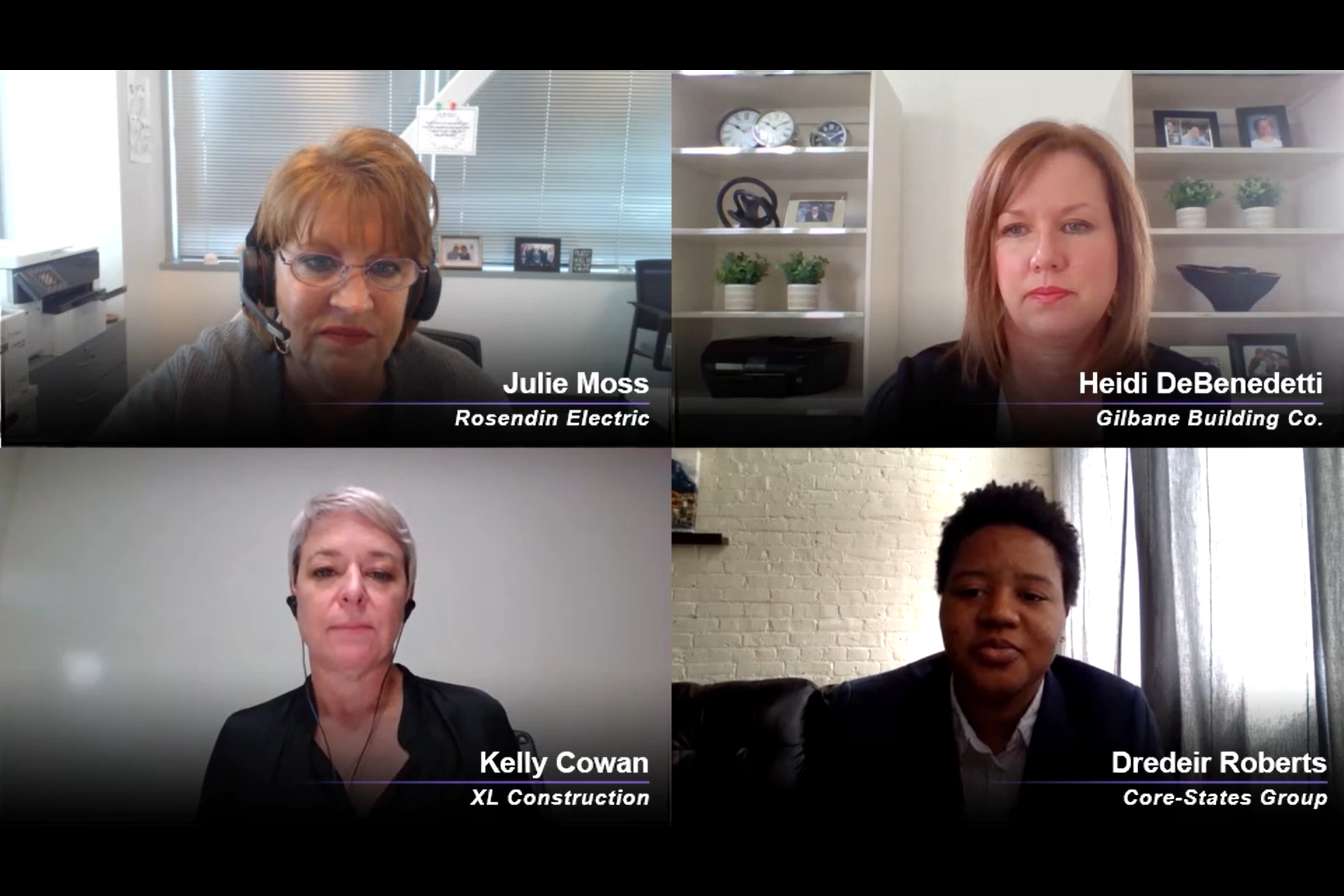When Starbucks was in the headlines last year for the racially biased actions of a manager, company leaders responded swiftly.
One action they took was to close 8,000 U.S. stores for an afternoon of racial bias training. I gave kudos to an executive team that listened, learned and led the organization to address the situation.
But I cautioned that Starbucks, or any organization that seeks to address bias in its corporate culture, should avoid relying solely on unconscious-bias training.
Systemic change is difficult and takes a commitment from the top. Many employers will conduct some kind of unconscious-bias training this year, but most of it will be ineffective in actually changing behavior.
Why? Because bias is unconscious and very deeply rooted; a few hours of one-off training will not drive change in an organization.

In the male-dominated construction industry, women make up just under 10% of all employees, says the U.S. Bureau of Labor Statistics. Nearly 87% are in business, technical and management roles, and 13% in craft positions.
With 1.6 million new skilled workers needed through 2022, best-in-class employers are examining how to double the number of people available to fill needs by actively recruiting, retaining, supporting and advancing women, as well as those who are transgender and gender nonconforming. This will require taking effective measures to combat existing cultural unconscious bias.
Most unconscious-bias training doesn’t work because it doesn’t go deep enough, and it doesn’t address effectively the two largest groups of employees—namely men and middle managers.
For unconscious-bias training to be successful, it must look intensely at cultural differences. An online course or even a program facilitated by an instructor without proper knowledge and expertise will not work. Companies today must offer unconscious-bias sessions with deep dives into gender, race, age and, specifically, white male culture.
The 2016 Mercer When Women Thrive report found only 39% of middle management and 38% of male employees are engaged in employer diversity and inclusion (D&I) initiatives. While we can say almost 40% is pretty good, there will still be men who become disenfranchised, or who interpret someone else’s gain as their personal loss and see initiatives as a zero-sum proposition.
If a majority of your workforce is male, it is critical to involve them in D&I in a deep and meaningful way.
Many diversity practitioners say that inclusion is the key, yet as an older white male, I rarely see myself talked about in diversity initiatives. Put simply, a majority of your talent pool is asking, “What’s in it for me?” A deeper, more powerful conversation must be had.
I believe that a focus on gender is the simplest place to start.
The first objective of the CEO Action for Diversity & Inclusion Pledge, which has been signed by more than 600 corporate and other CEOs since 2017, is “to make our workplaces trusting places to have complex, and sometimes difficult, conversations about diversity and inclusion.”
Most employers, particularly in male-dominated fields like construction, are not ready to talk deeply and engage in such conversations on gender, race or other aspects of diversity. Many employees also are not ready for real dialogue and think unconscious-bias training is the answer.
In one of my recent newsletters, I highlighted a TEDxBasel talk by Kristen Pressner, global head of HR for Roche Diagnostics, entitled “Are you biased? I am.” She suggests starting conversations around “flip it to test it,” a simple yet illuminating way to uncover unconscious bias in ourselves and colleagues.
This is a good way to start conversations about bias to be followed by a long-term, integrated approach to include all dimensions of diversity, including gender.
Initiatives that advance women’s leadership, of which unconscious-bias training is just a small part, must be implemented throughout the organization, led by vocal, visible senior leaders and engaged men. This becomes not an HR initiative, not a “nice to do,” but an organization-wide imperative.
Jeffery Tobias Halter is a leading expert and author on engaging men to advance women in the workplace. He is president of YWomen, a consultancy that helps employers drive strategies to address recruitment, leadership and gender bias. For more information, check https://ywomen.biz. Halter can be reached at jthalter@ywomen.biz.




